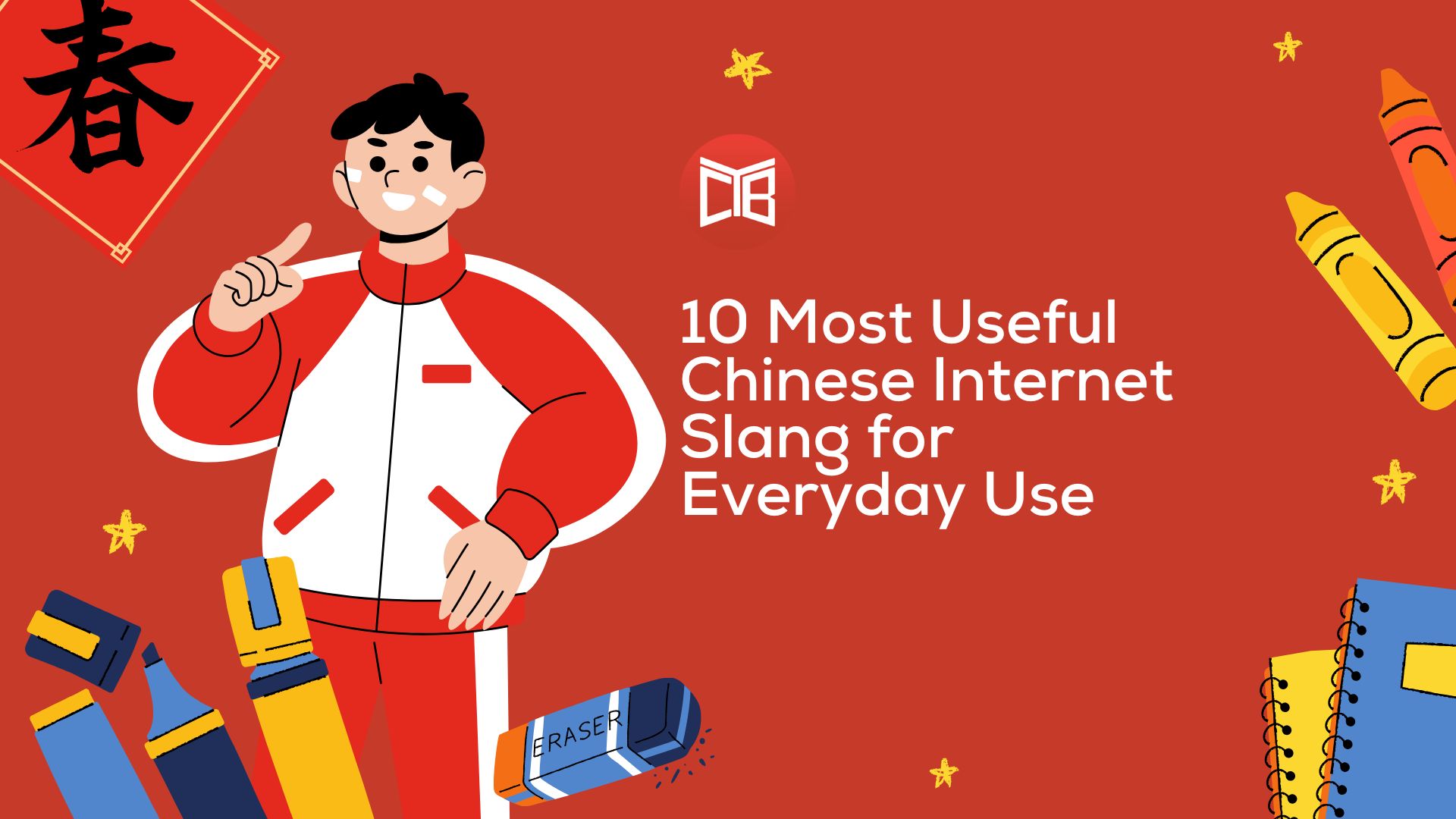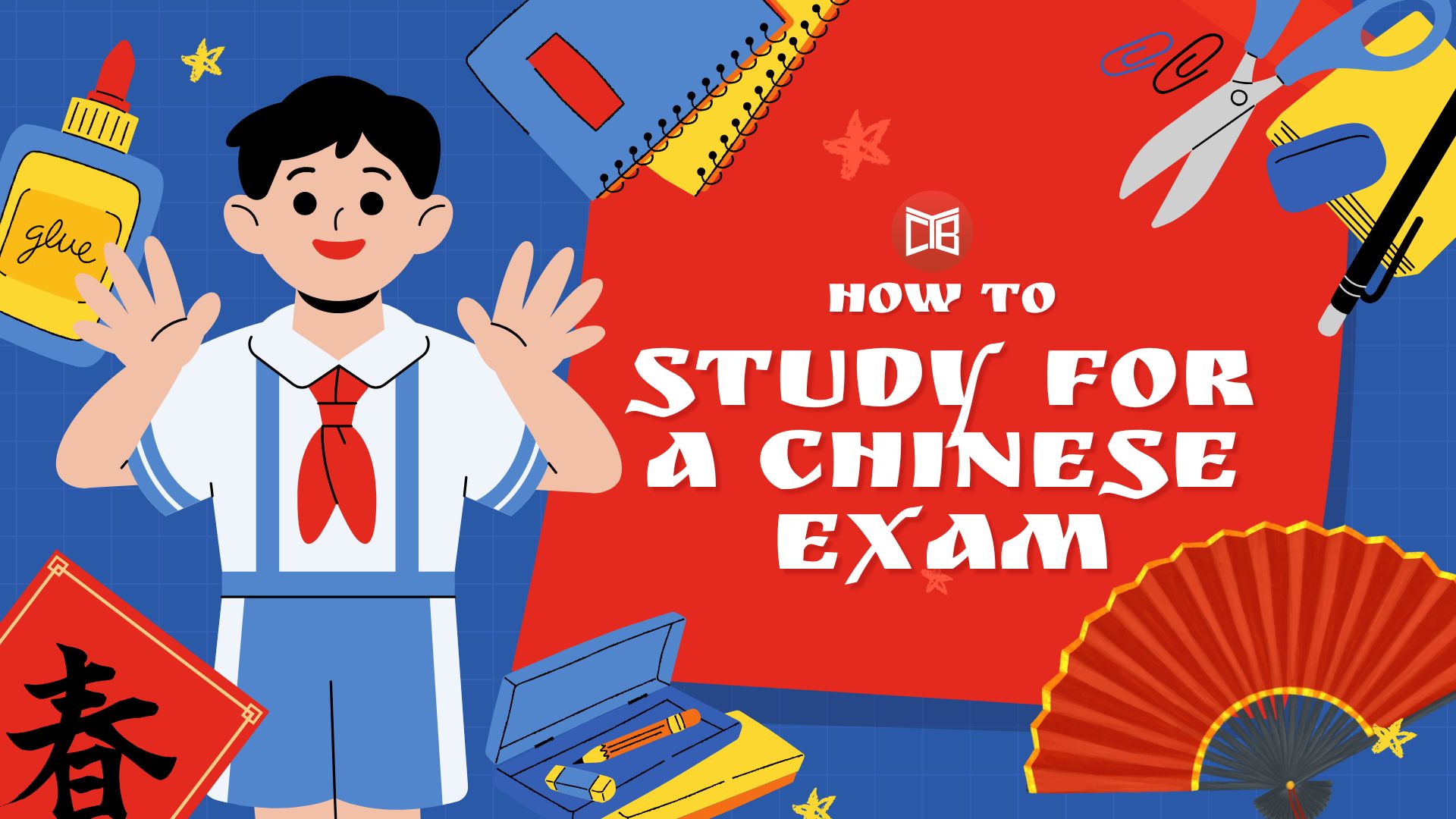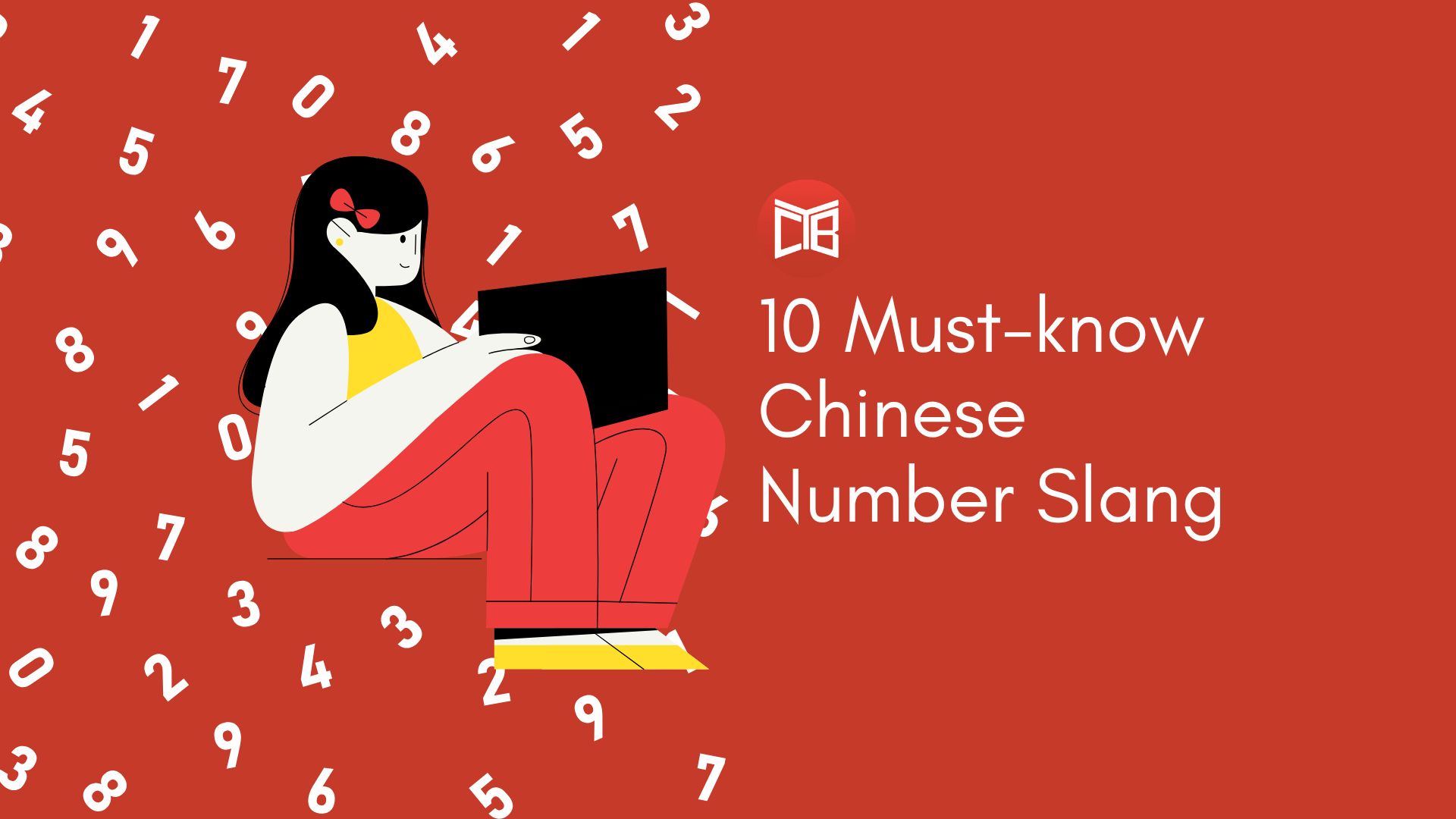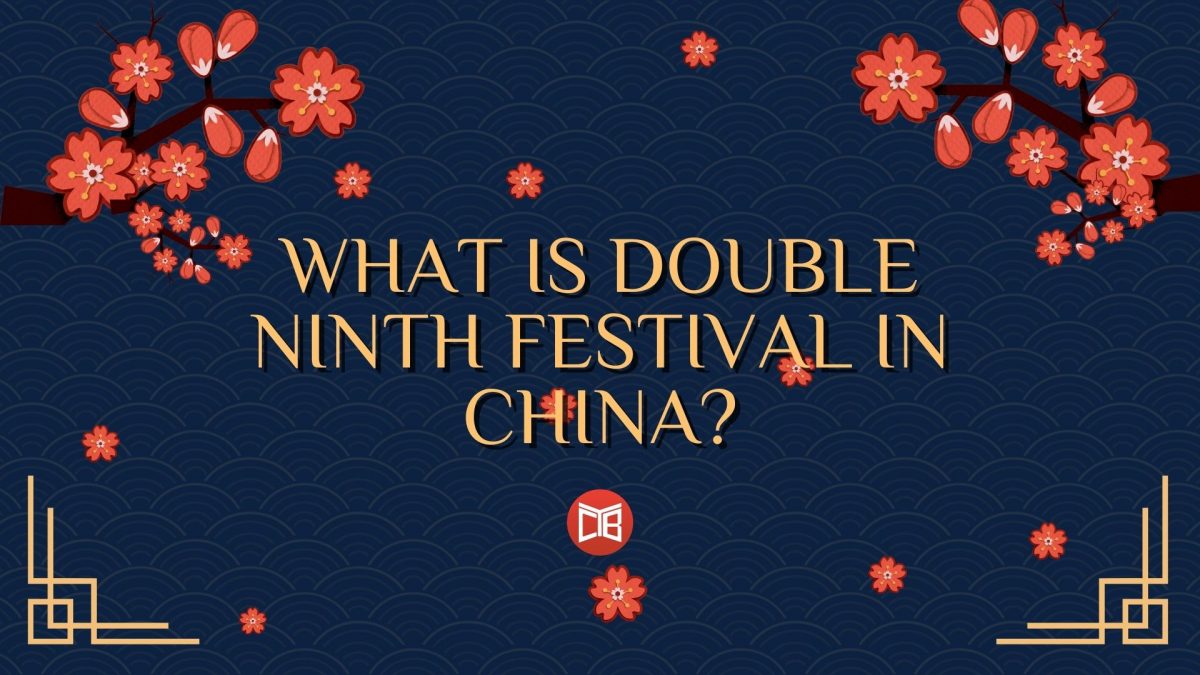
What is Double Ninth Festival?
Double Ninth Festival, also known as Chongyang Festival or Double Yang Festival, falls on the ninth day of the ninth month of the Chinese lunisolar calendar, which is usually in October. Nine is a yang number in Chinese philosophy, so the double yang energy on this date is thought to be lucky. Chong (重) means repeat in Chinese, so Chongyang Festival (重阳节) means Double Ninth Festival. It is a time for showing appreciation of our elderly relatives and ancestors and to prepare in readiness for the coming colder winter months. In Chinese culture, the ninth month heralds the start of winter and we all need warm clothes to keep us comfortable as the weather cools. As Chinese culture places great respect on the elderly and ancestors, Double Ninth Festival provides the opportunity for filial relatives to prepare winter clothes for their ancestors. It is popular for relatives to visit and clean family graves, as well as to burn clothes made of paper as offerings to their ancestors.
When is Double Ninth Festival?
Double Ninth Festival falls on the ninth day of the ninth month of the Chinese lunisolar calendar. In 2024, it falls on Friday 11th October. In the Chinese lunisolar calendar, the dates change each year compared to the Gregorian calendar. Here are the dates for Double Ninth Festival in the coming years:
Double Ninth Festival in 2025: Wednesday 29th October
Double Ninth Festival in 2026: Sunday 18th October
Double Ninth Festival in 2027: Friday 8th October
Double Ninth Festival in 2028: Thursday 26th October
Double Ninth Festival in 2029: Tuesday 16th October
Double Ninth Festival in 2030: Saturday 5th October
Is Double Ninth Festival a public holiday in China?
Double Ninth Festival is not a public holiday in China, so businesses operate usual opening hours. However, in 2006 the Chinese government listed Double Ninth Festival on the ‘National Intangible Cultural Heritage List’. Together with Chinese New Year, Qingming (Tomb-Sweeping) Festival and Hungry Ghost Festival, Double Ninth Festival is one of the top four sacrificial festivals in the Chinese lunisolar calendar.
The history of Double Ninth Festival in China
The origins of Double Ninth Festival can be traced back to the Warring States Period (475 – 221 BC) in China. It is said that a man named Fei Changfang, an immortal Taoist master, heard of a great danger arriving to spread disease in his disciple, Huan Jing’s, hometown. Fei told Huan to climb a mountain and drink chrysanthemum wine on the ninth day of the ninth month with his family.
Upon returning home, Huan found that all his animals had died from a disease. Fei warned him that that the same would have happened to him and his family had they stayed home. Therefore, Fei saved Huan’s life, as well as those of his family. Although Double Ninth Festival originated as a time to avoid danger, over time it has become a day of showing appreciation for and celebrating ancestors and the elderly.
The importance of the chrysanthemum flower and the zhuyu plant for Double Ninth Festival
The chrysanthemum flower and zhuyu plant (also known as the Cornus officinalis or dogwood) both play crucial roles in Double Ninth Festival traditions.
- Chrysanthemum flower. The blooming period of the chrysanthemum flower coincides with Double Ninth Festival. These flowers symbolize longevity and rejuvenation in Chinese culture and they are thought to ward off evil spirits and illness. Chrysanthemum is one of the ‘Four Gentlemen’ flowers in Chinese culture, along with plum blossom, orchid and bamboo. During Double Ninth Festival, people consume chrysanthemum tea and wine to stave off evil spirits.
- Zhuyu plant. The zhuyu plant is another important symbol during Double Ninth Festival. Zhuyu’s strong scent is thought to protect from evil spirits and its use in Chinese culture dates back thousands of years. During Double Ninth Festival, people often wear zhuyu plants to protect themselves from danger.
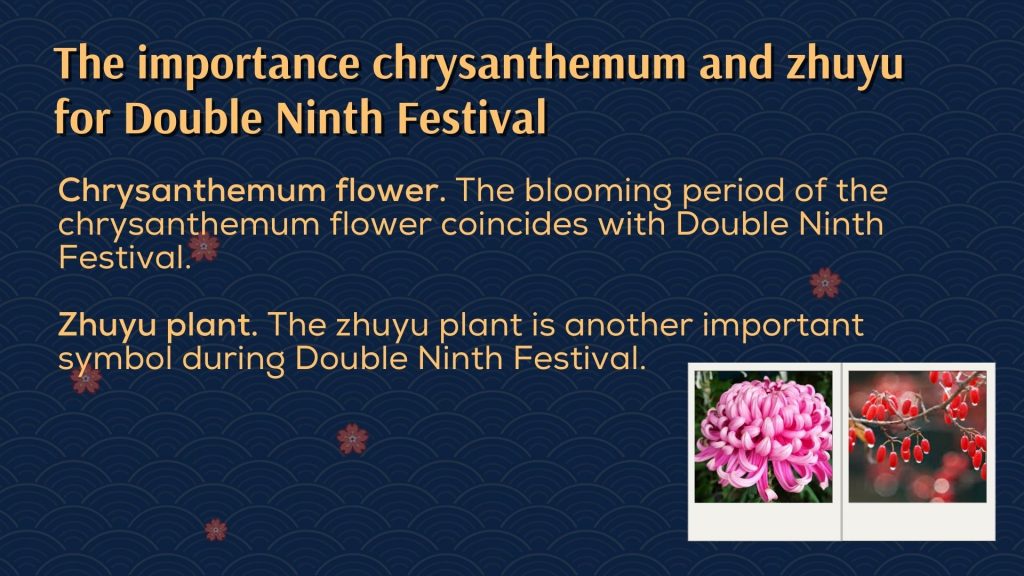
Is Double Ninth Festival the same as Tomb-Sweeping Festival?
Although there are similarities with paying respect to ancestors and grave cleaning, Double Ninth Festival and Tomb-Sweeping Festival are distinct holidays. Tomb-Sweeping Festival falls on the 15th day after the spring equinox in the Chinese lunisolar calendar, whereas Double Ninth Festival falls on the ninth day of the ninth month.
Top 10 Double Ninth Festival traditions and activities
In modern times, Double Ninth Festival is a time to get together with friends and family and enjoy the outdoors. Here are the top 10 traditions and activities for Double Ninth Festival in China:
- Climb a mountain or take a hike. Follow in the footsteps of Huan Jing and climb a mountain or hike with family and friends.
- Drink chrysanthemum tea and wine. During Double Ninth Festival, people drink chrysanthemum tea and wine to help protect from evil spirits.
- Wear the zhuyu plant. Wearing the zhuyu plant during Chongyang Festival is thought to protect you and your family from danger.
- Visit and clean ancestral graves. Like Tomb-Sweeping Festival, Double Ninth Festival provides an opportunity to visit ancestral graves and show appreciation for relatives.
- Burn paper clothes. Paper clothes are often burnt at the graves of ancestors to provide clothes for them in the afterlife.
- Fly a kite. Flying kites during Double Ninth Festival symbolizes good fortune and prosperity. There is a Chinese saying that states ‘If you fly a paper kite at height on Chongyang Festival, disaster will be eliminated’.
- Make and eat flower cakes. Also known as Double Ninth cakes, Chongyang cakes or five-color cakes, flower cakes are synonymous with Double Ninth Festival. Traditionally, people held a piece of cake to their children’s heads to offer protection and make wishes.
- Welcome married daughters home. During Double Ninth Festival, it is common for families to invite their married daughters home to dine with family.
- Mountain climbing races. For the adventurous, mountain climbing races are held for Double Ninth Festival. Feeling less adventurous? Watch the climbers in action with a cup of chrysanthemum tea!
- Recite festive poetry. Poetry about the chrysanthemum flower and the zhuyu plant are popular during Chongyang Festival. These are often taught to children for them to recite to elderly relatives or at the graveside of ancestors.
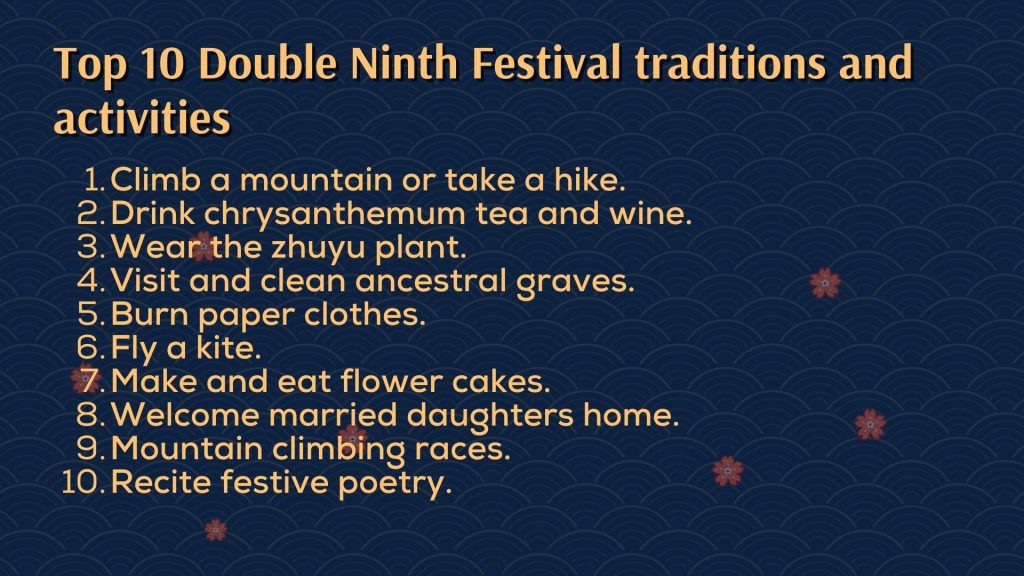
A poem to celebrate Double Ninth Festival
The custom of ascending mountains with relatives during Double Ninth Festival is the foundation of many beautiful Chinese poems. This wonderful poem by Wang Wei tells of a person who is missing Double Ninth Festival with his family as he is overseas.
[唐] 王维 (Wang Wei). Translated by Witter Bynner.
独在异乡为异客,
每逢佳节倍思亲。
遥知兄弟登高处,
遍插茱萸少一人。
All alone in a foreign land,
I am twice as homesick on this day.
When brothers carry dogwood up the mountain,
Each of them a branch — and my branch missing.
Key Chinese vocabulary for Double Ninth Festival
- 重阳节 (Chóngyáng jié) – Double Ninth Festival
- 登高 (dēng gāo) – climbing high
- 菊花 (júhuā) – chrysanthemum flower
- 茱萸 (zhūyú) – zhuyu (dogwood) fruit
- 团聚 (tuánjù) – family reunion
- 放风筝 (fàng fēngzhēng) – fly a kite
- 花糕 (huā gāo) – flower cake
- 吟詩 (yín shī) – recite poetry
FAQ
- What is Double Ninth Festival? Double Ninth Festival, also known as Chongyang Festival or Double Yang Festival, is celebrated on the ninth day of the ninth month in the Chinese lunisolar calendar. It is a time to show appreciation and respect for the elderly and ancestors.
- When is Double Ninth Festival? Double Ninth Festival falls on the ninth day of the ninth month of the Chinese lunisolar calendar.
- Is Double Ninth Festival a public holiday in China? No, Double Ninth Festival is not a public holiday in China. However, it is widely observed.
- Is Double Ninth Festival the same as Tomb-Sweeping Festival? No, Double Ninth Festival and Tomb-Sweeping Festival are different observances, despite both being a time to pay respect to ancestors.
- What traditions are there for Double Ninth Festival? Common traditions include climbing a mountain, going on a hike, reconnecting with family, drinking chrysanthemum tea and wearing zhuyu plants.
Author
Sean studied Chinese and Spanish at University of Leeds and founded The Chairman’s Bao alongside Tom Reid in his final year of study in 2015. Current Managing Director of The Chairman’s Bao, he has overseen the company’s growth from university bedroom concept to an international force in the EdTech industry with over 200,000 individual users and over 400 global partner institutions. Sean also launched Newsdle alongside Tom Reid and Oliver Leach in 2021, for students and teachers of Spanish and French. In his spare time, Sean is still a keen language learner and runner. He also sits on the Board of charity Leeds Irish Health and Homes in the UK.



